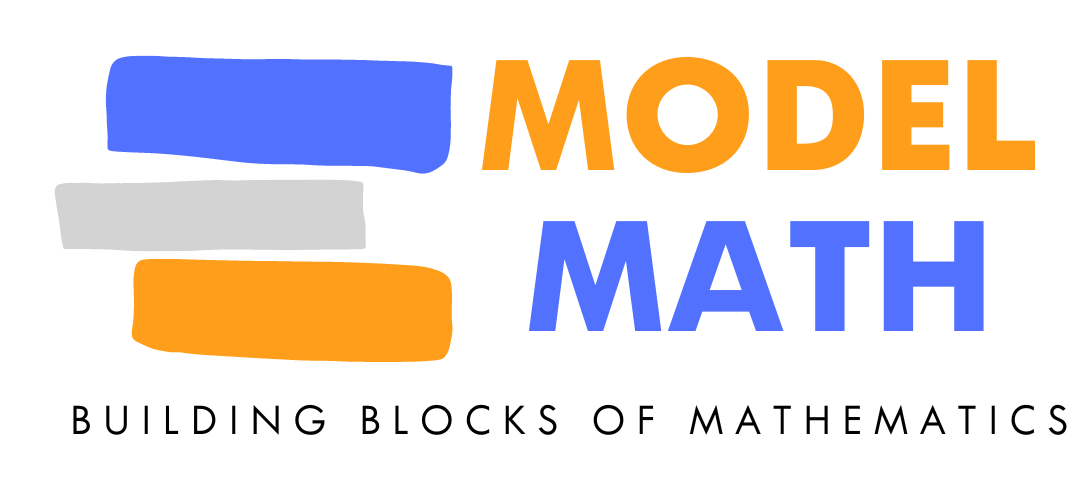Are errors costing you marks in your maths exams? It’s one thing to lose marks because you don’t understand the question or don’t have the knowledge needed to work out the problem. But when you lose marks for doing something in the exam when it could be avoided, this is wasted opportunity and it could even make the difference between one grade and the next.
How do you know which errors you are making and how do you improve upon them? We take a look at three types of errors in this article: Conceptual errors, computational errors and careless errors.
Conceptual Errors:
This is a hard type of error to identify and therefore correct. Making this type of error could mean that you get all the calculations right in the equation but still get the overall answer wrong because you are using the wrong logic to solve it. For example, the question may call for you to make a division calculation but you mistakenly think you need to multiply. Say, for example, the two figure involved are 21 and 3. Dividing 21 by 3 will give you a different answer than multiplying 21 by 3. You get the calculation right but it’s not the answer the question requires of you. That can be frustrating.
What you can do:
- The more practice you get at doing questions that require different concepts, the better.
- Read the question carefully and draw it out in picture form to make sure you are understanding it correctly. If you can see that the outcome is a reduced number and you end up with an increased number, you know you’ve gone wrong somewhere.
- Learn more than one method to do one type of concept. Often one method may not seem that obvious to you while you may find it much easier if the teacher explains it to you in a different way.
- Always show your workings out so your teacher can follow your thinking through and help you understand where you went wrong.
- Try keeping a maths journal where you write out and describe questions until you begin to see patterns that can help you.
Computational Errors:
A common type of error and one that is easier to correct is the computational error, where you simply made a miscalculation. In a single step question, this can lose you a mark, but in a multi-step question, making this error in the first step will make all steps wrong because you rely on the correct answer from step 1 to carry through into step 2. However, if you show your workings out, you may get some marks for subsequent steps of the calculation if the calculations made and the conceptual approach taken is correct in the rest of the problem solving.
What you can do:
- Slow down and work through the answers carefully.
- Double-check your work. This error is avoidable because you have the knowledge.
- Use a calculator to check if you are allowed
Careless Errors:
These are by far the most frustrating as they are easily avoided if you take the right approach. What kind of mistakes do you commonly make? Knowing what you tend to repeat that is losing you marks is essential. Then you can create a checklist to check for. Common mistakes made that are a result of carelessness include, copying the wrong number down, transferring the wrong number to the next step, not reading the question correctly, not following instructions on the paper, entering the wrong digit into the calculator or missing a digit out and not checking what was entered. Calculators can only work with what you input. If you input the wrong information and do the right calculation, your answer will still be wrong even though the calculator is right.
What you can do:
- Again, slow down. Most mistakes are made by rushing.
- Underline the main points in the questions. This helps identify what information you have to work with and also helps you understand the instructions.
- Write neatly. You may have the right answer, but if the examiner can’t read it, you will lose needless marks.
- Time yourself well in an exam so you answer the questions you are supposed to.
Now take a look at your past papers. What types of mistakes have you been making? Identifying the problem brings you halfway to the solution. Now you know which errors you tend to make and why, you can put a plan in place to start avoiding them.
At Matrix Math, besides teaching students Maths concepts and the required problem-solving skills, we also cultivate in students the right learning habits. We believe that, over time, with the right habits and exposure, students’ errors in Maths can be reduced.
Are errors costing you marks in your maths exam? Book a trial lesson with us to experience Matrix Math learning culture.
www.matrixmath.sg/trial




